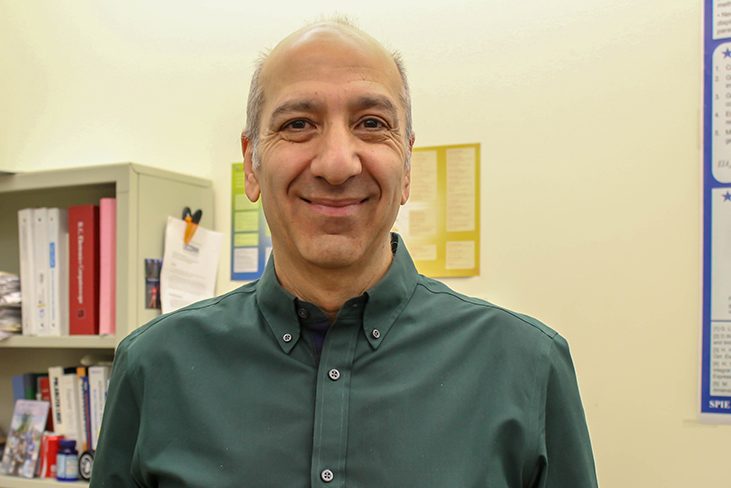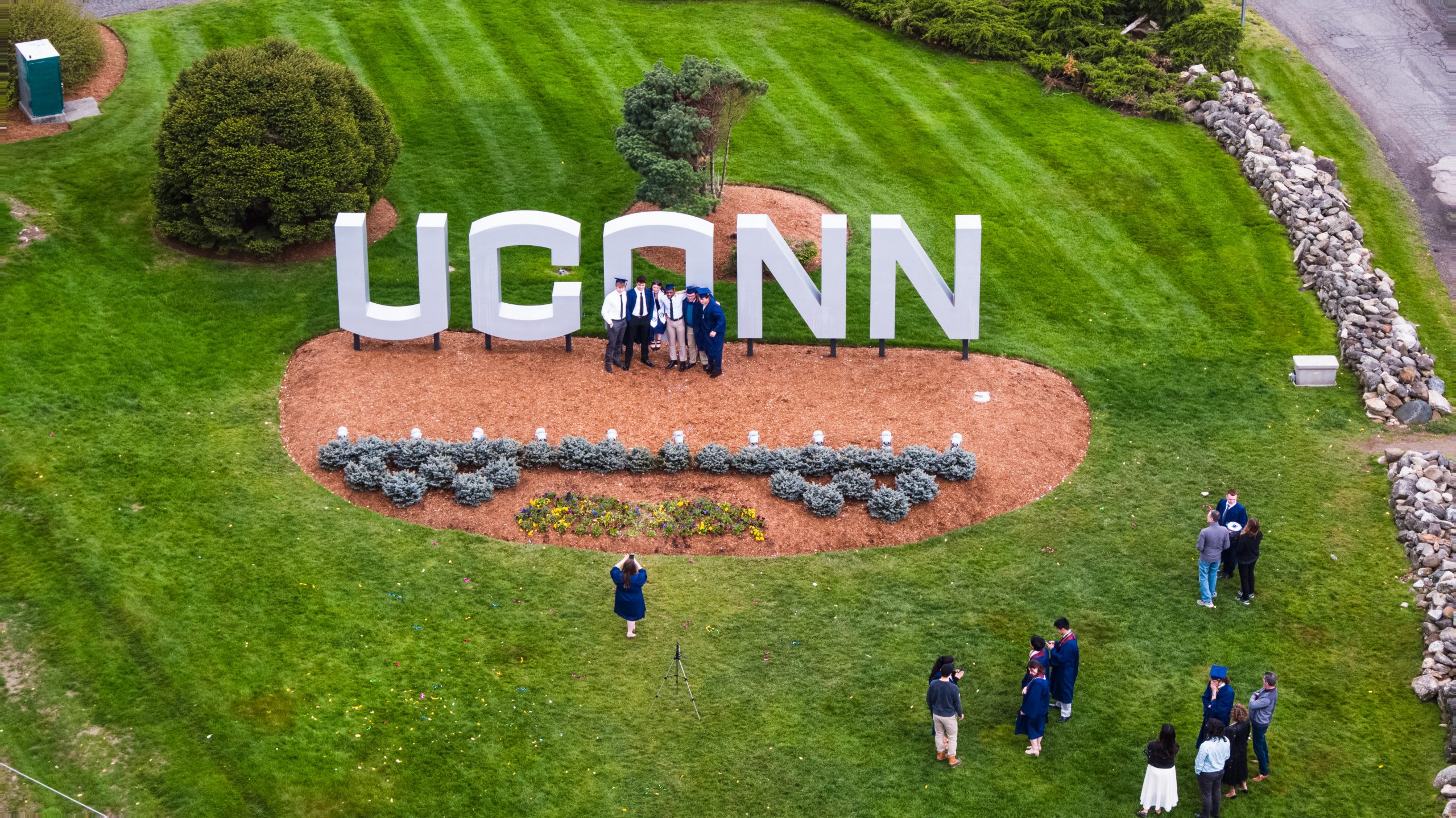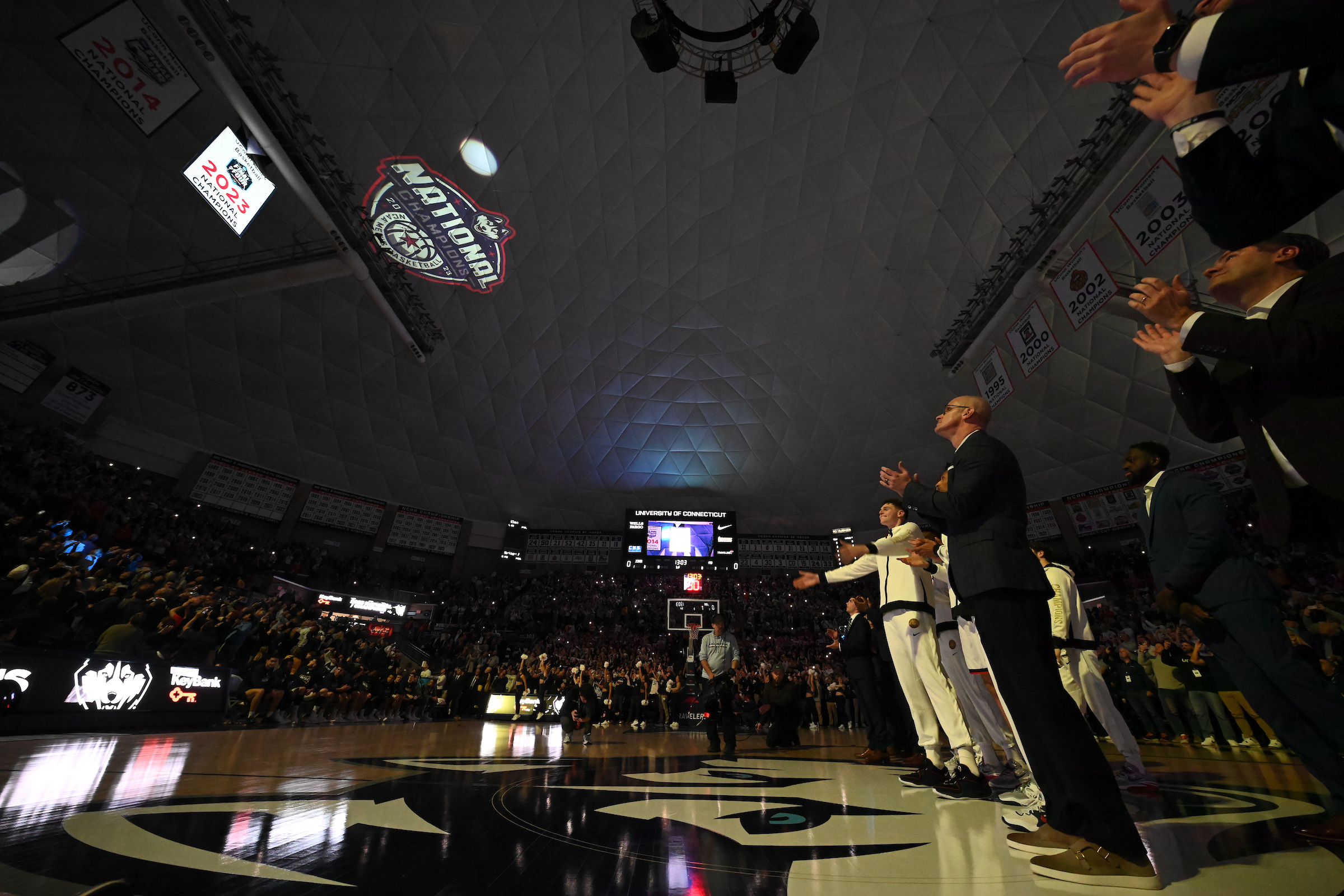UConn Board of Trustees Distinguished Professor of engineering Bahram Javidi has been named a finalist for the Berthold Leibinger Innovation Award for his rapid disease identification technology using compact, low-cost optical holographic instruments, including COVID-19 detection.
The Berthold Leibinger Innovationspreis honors scientists and developers making advancements in the field of laser technology. Javidi is being recognized for applying knowledge of optics and digital holography, and pattern recognition to biomedical issues with real-life applications for under-resourced healthcare systems.
“It’s always an honor to see that your peers value your work and value your contributions,” Javidi says.
Javidi’s technology is a portable, low-cost COVID-19 testing instrument that uses a pinprick’s worth of blood to detect the virus within minutes.
Javidi developed similar testing devices for malaria and sickle cell disease, which are common in under-resourced tropical and subtropical areas. The device picks up on abnormalities in the blood caused by infection.
Javidi hypothesized that a virus like SARS-CoV-2, which also shows up in an infected person’s blood, can be detected by the bio-sensing instrument he developed – and he was right.
Javidi’s affordable, portable technology consists of a laser light, a portable, compact 3D-printed digital holographic microscope, and a laptop computer.
When the laser illuminates the blood sample, a diseased sample will scatter the light in different ways than a healthy sample. The device has sub-micron-level sensitivity which allows it to see changes in the blood not visible to the naked eye or less-sensitive instruments. Javidi’s instrument uses a machine learning program to determine if the sample is COVID-19 positive on the spot.
The 3D printing blueprints can be sent anywhere and the components for the device are accessible in every country. The device takes very little training to operate, making it ideal for under-resourced areas in the U.S. and abroad, especially during a health crisis on the scale of the COVID-19 pandemic.
“COVID made the U.S. an under-resourced healthcare system because it just overwhelmed the healthcare system,” Javidi says. “That makes this device very attractive for this kind of pandemic where resources become very scare.”
Another advantage of the device is that it can easily interface with databases to automatically enter information about the test results.
Javidi collaborated with Dr. Bruce Liang at UConn Health to gain access to samples from COVID-19 patients who volunteered to help develop the technology. He is now interested in working with colleagues in India and other countries where the pandemic is still raging.
The winners for the Berthold Leibinger Innovationspreis will be named during an award ceremony on Sept. 24, 2021, rescheduled from 2020. Javidi is one of eight finalists for the award.
This work was supported by the Office of Vice President for Research’s COVID-19 Research Seed Funding Program.
Javidi serves as the director for the Multidimensional Optical Sensing & Imaging Systems (MOSIS) Laboratory. He holds a Ph.D. in electrical engineering from Pennsylvania State University.



